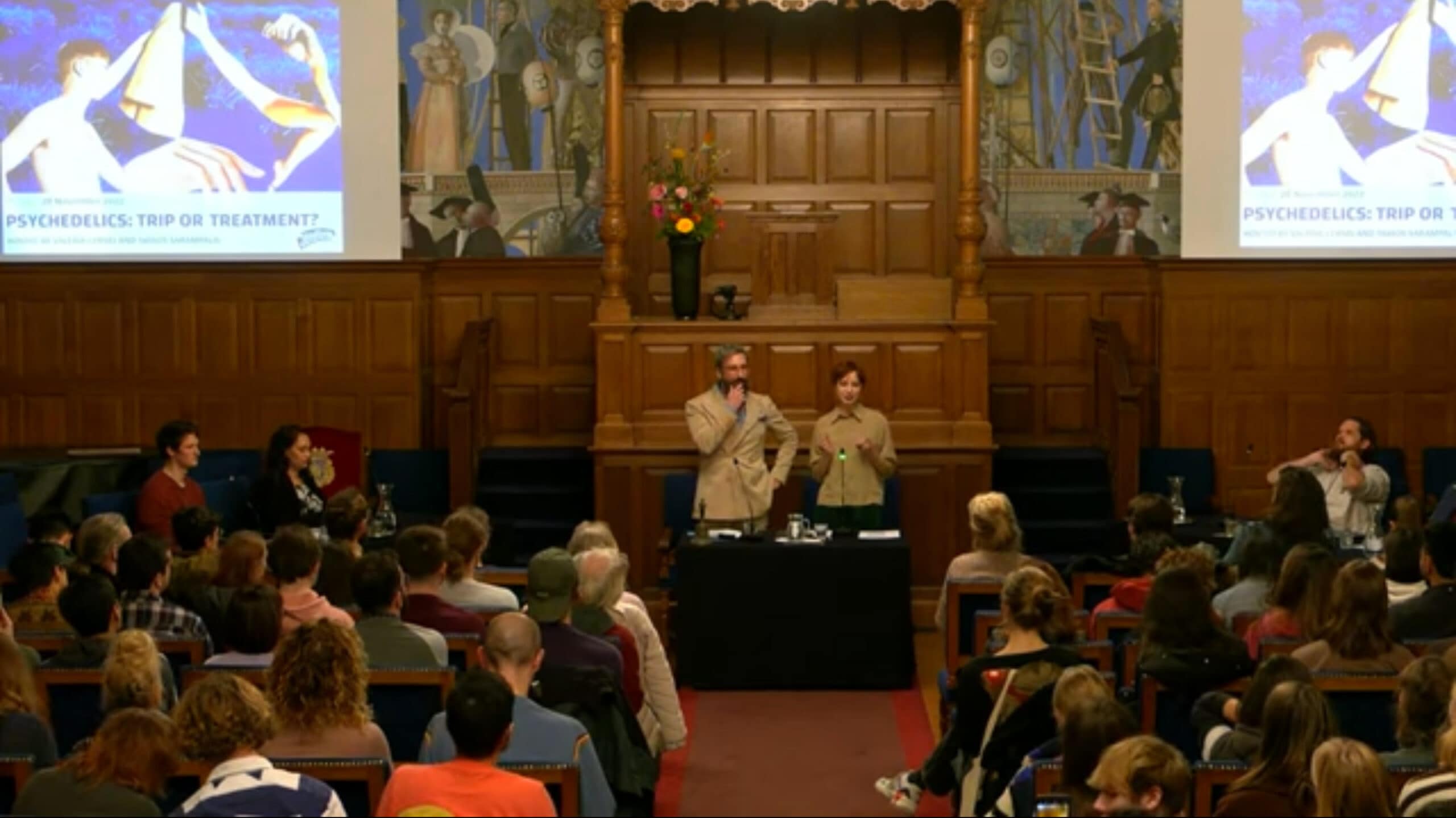Both psychedelics and meditation have the potential to elicit self-transcendent experiences that are deeply meaningful and healing. This post addresses the question is whether it is possible to create a synergistic combination of psychedelics and meditation. A recent study addresses this topic, and is the subject of a documentary, “Descending the Mountain”, which will be screened on April 30, 2023.
Dealing with harm in organizations can be tricky. In this post, Maja Graso explores a particularly difficult issue: How do people assess allegations of harm that they have not seen themselves and that leave no evidence, no witnesses, and no other reliable signal that the harm has actually occurred (e.g., “my word against yours” cases)?
This blog post by Tamara Lühr is about the impact of language on gender inequality. Discussing terms such as male bias and androcentrism, she portrays how gendered language shapes our understanding of gender roles. Possible solutions and linguistic alternatives are proposed as a call for change.
Have you ever considered including your research participants in the process of doing scientific research? Josephien Jansen, PhD student in Clinical Neuropsychology, does so and in this blog post she explains why collaborating with experience experts is a fruitful endeavor.
Most people know that electroencephalography (EEG) measures brain activity. But probably few know that the first measurement of the human EEG came from an attempt to scientifically test telepathy, and even fewer that one of the first EEG devices from Groningen inspired the founding of a Dutch company. This blog post provides interesting historical insights into the measurement technique of EEG and it’s relation to Psychology in Groningen.
Scholars in Groningen debated the present and future of psychedelic drugs. Will they revolutionize medicine?
Machine learning in cognitive neuroscience In modern cognitive neuroscience, it has become common-practice to apply machine learning techniques to data obtained through neuroimaging. Despite this widespread use, however, there is something amazingly enigmatic about it. On the one hand, there is this organ that for millennia has eluded scholars: billions of neurons connected in myriads […]
The social and interconnected nature of humans has captivated researchers from diverse fields such as behavioral and cognitive sciences. In this post, we present an undergoing study focused on the process of interpersonal synchronization and its relationship with Personality.
Creativity researchers ask questions about creative ideas: where do they come from, how do we facilitate them, why do some people (dis)like them so much? However, one question seems to have been largely ignored: what are ideas, anyway?
Three master students write about the pitfalls and opportunities of creative group work. Traits that seem a bonus, may turn out to be a pitfall – and the other way around.










